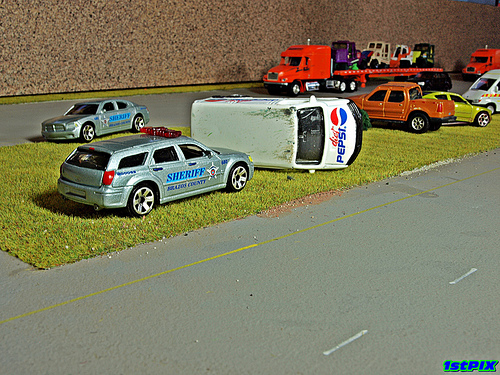 A statute of limitation is an enactment in a common law legal system that sets forth the maximum time after an event that legal proceedings based on that event may be initiated. Most people are familiar with the concept.
A statute of limitation is an enactment in a common law legal system that sets forth the maximum time after an event that legal proceedings based on that event may be initiated. Most people are familiar with the concept.
Far less familiar to the general public, and even to some lawyers, is the legal concept known as statute of repose. Like a statute of limitation, a statute of repose (sometimes called a nonclaim statute) limits the time period in which a civil action may be instituted.
A products liability case is a legal action for injuries founded on the defective design, manufacture, distribution, or sale of personal property. Examples of products found to be defective are tires, motor vehicles, drugs, and surgical hardware. In Florida, defective products cases are subject to a statute of limitation and a statute of repose.
The statute of limitation in Florida with regard to injuries caused by defective products is four years. (Florida Statute 95.11(3)(e)). (Caveat: When death results from a defective product, Florida’s Wrongful Death Act imposes a two year statute of limitations.) This means that a lawsuit founded on a defective product must be filed within four years or two years of when it is known or should have reasonably known what caused the accident.
Sometimes, however, the statute of repose effectively limits the time allowed under the statute of limitation and, in some instances, bars altogether a claim from being brought.
An actual case example will help illustrate this point:
Our law firm was recently hired by a gentleman who was severely injured by a defective forklift. Through discovery conducted in his workers’ compensation case, we learned that the manufacturer originally sold the forklift in 1996, more than fourteen years before the accident.
Even though we were prepared to file a products liability complaint well within the two year statute of limitation period, we were prevented from doing so by the statute of repose.
Continue reading
 Florida Injury Attorney Blawg
Florida Injury Attorney Blawg



